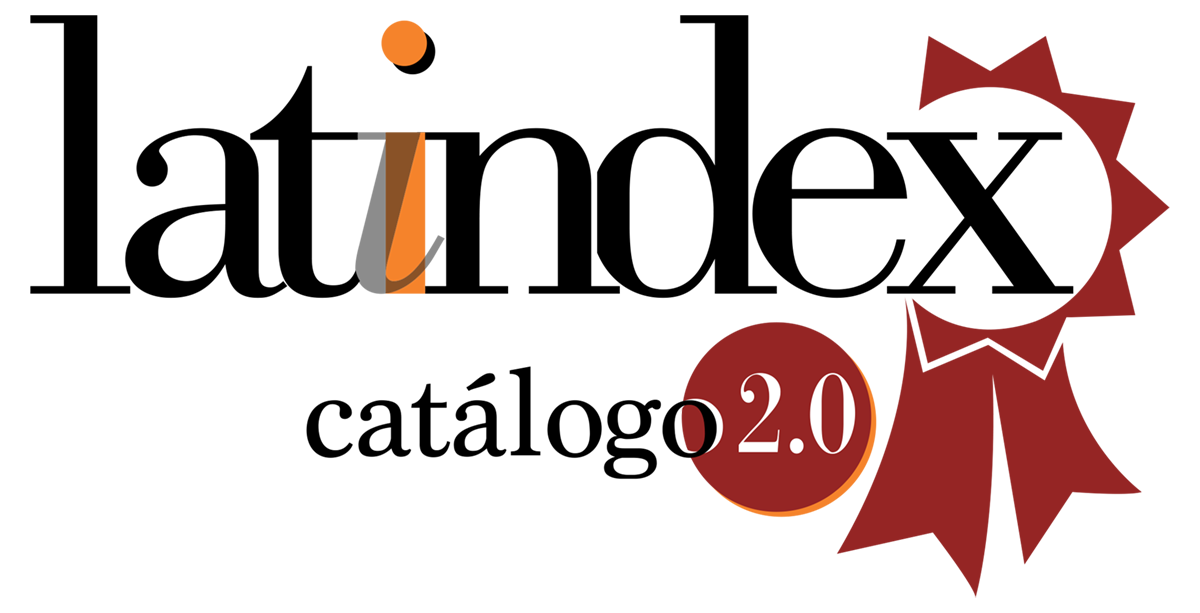The priests of the sea in the late Francoist period and the political transition: their participation in the conflicts in the fishing sector on the coast of Huelva
DOI:
https://doi.org/10.54790/rccs.67Keywords:
Apostleship of the Sea; Stella Maris; El Camarón; late-Francoism; the political transitionAbstract
This paper deals with the role played by a group of priests linked to the Apostleship of the Sea in Huelva in the process of political change during the late Francoist period and the transition, their actions in the struggle for democracy and their influence on the political and trade union awareness of the sea workers on the coast of Huelva. Combining ethnographic and historiographic methods and techniques such as interviews, life history and archival documentation, we analyse how a group of priests were witnesses and protagonists of the trade union struggle for democracy in one of the most impoverished areas of Spain. Their struggle for decent living conditions and the defence of the class interests of sailors and fishermen was their way of living the Gospel message within a divided Church and their way of confronting the political and trade union structures of the Franco regime.
Downloads
Metrics
References
Alberigo, G. (2005). Breve historia del concilio Vaticano II (1959-1965). Salamanca: Ediciones Sígueme.
Blanco, F. (1976, julio 5-12). Torneo, 5, 20.
Carrasco, M. J. (2002). La diócesis de Huelva (1953-1993). En J. Sánchez (Coord.), Historia de las diócesis españolas. Iglesias de Sevilla, Huelva, Jerez, Cádiz y Ceuta. Vol. 10 (pp. 533-571). Madrid: Biblioteca de Autores Cristianos.
Casanova, J. (2005). La Iglesia de Franco. Barcelona: Crítica.
Casanova, J. y Gil, C. (2009). Historia de España en el siglo XX. Barcelona: Ariel.
Estrada, J. A. (1985). La Iglesia: identidad y cambio. El concepto de Iglesia del Vaticano I a nuestros días. Madrid: Cristiandad.
Feria, P. J. (2005). La Transición desde el mundo del mar: El Camarón (Huelva 1970-1979). En R. Quirosa-Cheyrouse (Coord.), II Congreso Internacional Historia de la Transición en España. Almería: Universidad de Almería.
Feria, P. J. (2009). Los protagonistas del cambio político. Transición a la democracia en la ciudad de Huelva (1964-1980). Huelva: Diputación de Huelva.
Hurtado, J. (2006). La Iglesia y el movimiento obrero de Sevilla (1940-1977). Antropología política de los cristianos de izquierda. Sevilla: Fundación El Monte.
Küng, H. (2002). La Iglesia Católica. Barcelona: Mondadori.
Mancha, J. C. (2020). Tensiones intraeclesiales en torno a las cofradías de la Semana Santa de Huelva (1964-1975). Hispania Sacra, LXXII, 146, 605-619. https://doi.org/10.3989/hs.2020.045 DOI: https://doi.org/10.3989/hs.2020.045
Martín, P. (2005). La Iglesia que se enfrentó a Franco: Pablo VI, la Conferencia Episcopal y el Concordato de 1953. Madrid: Dilex.
Montero, F. (2011). La Iglesia dividida. Tensiones intraeclesiales en el segundo franquismo. (La crisis postconciliar en el contexto del tardofranquismo). En M. Ortiz y D. A. González (Coords.), De la cruzada al desenganche: la Iglesia española entre el franquismo y la transición (pp. 51-76). Madrid: Sílex.
Palacios, I. (2009). El Camarón. La revista de los pescadores de Huelva. 1970-1979. La Coruña: Netbiblo.
Palacios, I. (2013). Naufragios en la flota pesquera de Huelva. Sevilla: BPS Aldiseño.
Palacios, I. (2017). En la Transición: un testigo de las revueltas de los pescadores de Huelva. Revista Internacional de Pensamiento Político, 12, 545-557.
Raguer, H. (1998). El Concilio Vaticano II y la España de Franco. Historia y vida, 362, 34-49.
Torres, F. J. (2017). Botas, casco y mono de obrero sobre el altar. Los curas obreros y la lucha por la justicia social, 1966-1979. Cádiz: Editorial UCA.
Vergara, A. (2004). Bodas de Oro de la Diócesis de Huelva. Huelva: Universidad de Huelva.
Vergara, A. (2006). La iglesia de Alosno en los difíciles años de la posguerra. Huelva:
Ayuntamiento de Alosno.
Zamora, J. y López, J. (1975). La larga marcha de los trabajadores del mar. Madrid: Zero.
Downloads
Published
How to Cite
Issue
Section
License
Copyright (c) 2023 José Hurtado Sánchez, José Carlos Mancha Castro

This work is licensed under a Creative Commons Attribution-NonCommercial-ShareAlike 4.0 International License.









